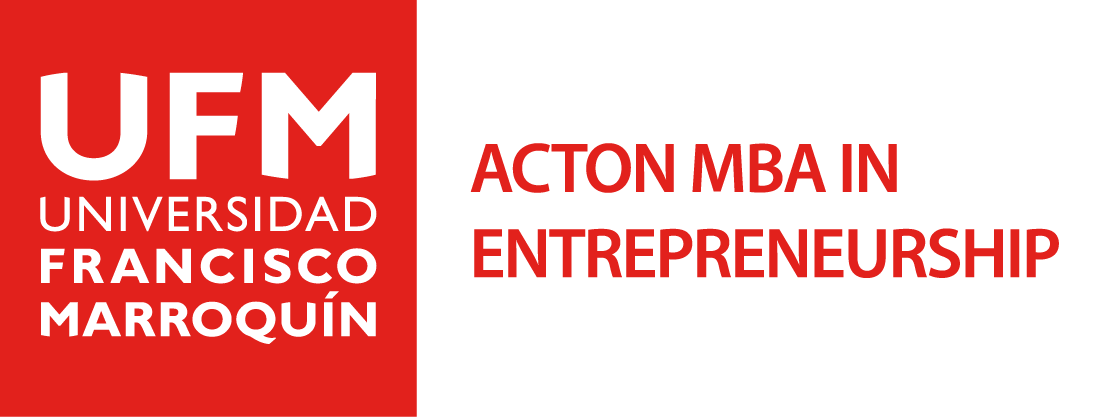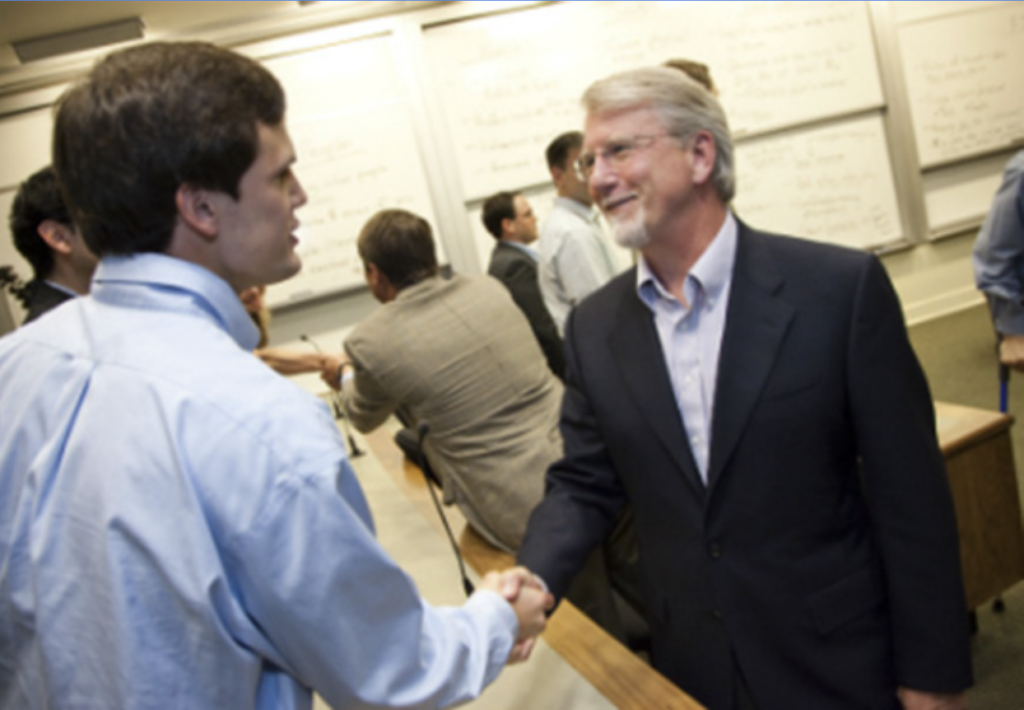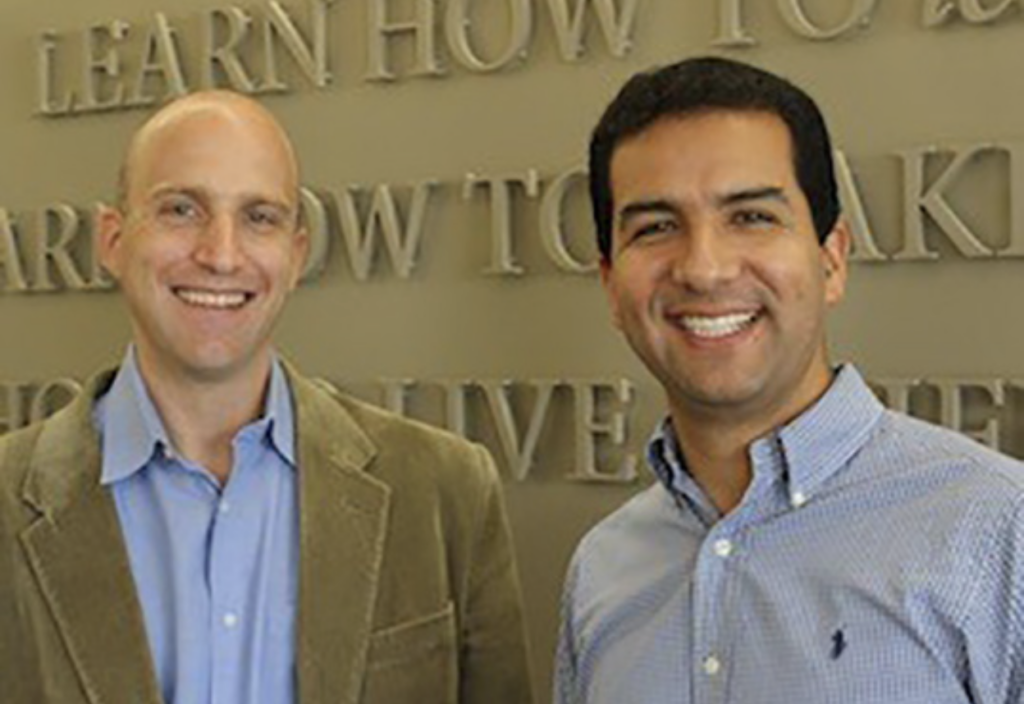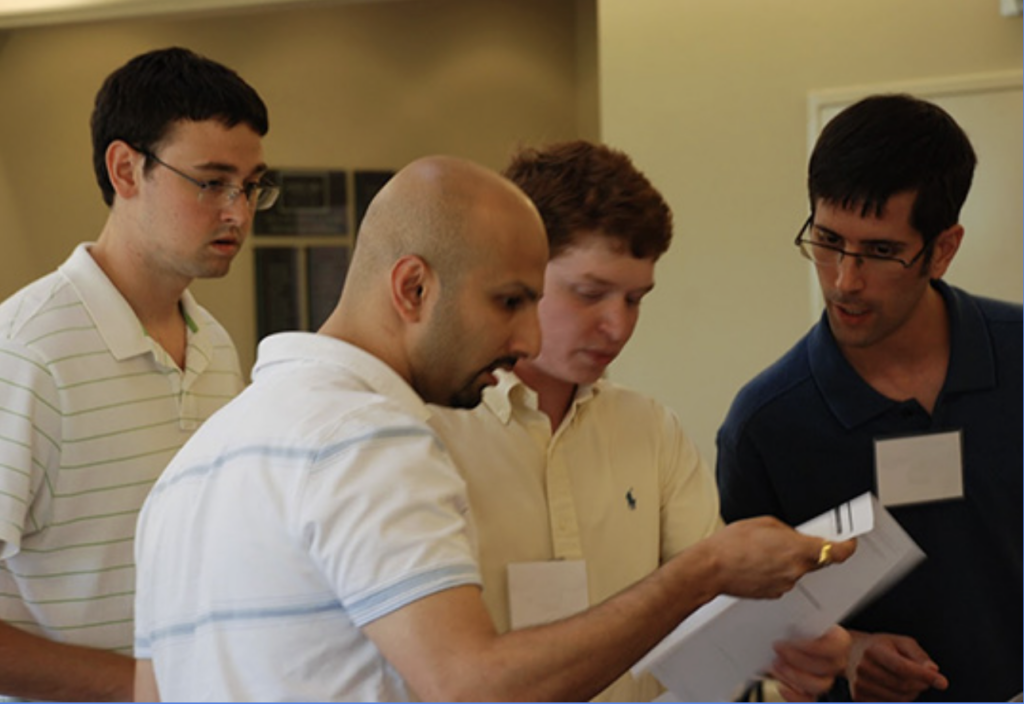If Money Doesn’t Buy Happiness, What Does?
Over the last fifty years, real income has risen dramatically in wealthy nations, but the level of happiness and life satisfaction has remained flat in the US, as in most other prosperous nations.
I recently read an article in the Daily Telegraph about an Austrian man, Karl Rabeder, who made millions in the interior furnishings and accessories business and is now giving it all away.
He’s moving out of his luxury Alpine villa (complete with lake, sauna, and beautiful views) to live in a small, wooden hut in the mountains. He’s also in the process of selling his house in Provence, his Audi, and his collection of gliders, as well as his successful business. But why?
To Mr. Rabeder, it’s simple: “Money is counterproductive—it prevents happiness.” He explains, “For a long time I believed that more wealth and luxury automatically meant more happiness. I come from a very poor family where the rules were to work more to achieve more material things, and I applied this for many years.”
He said he felt like he was a slave working for things that he did not wish for or need. “It was the biggest shock of my life when I realized how horrible, soulless, and without feeling the five-star lifestyle is,” he says. So, realizing that if he didn’t do it now, he wouldn’t ever do it, he sold all his belongings. All the money will go into microcredit charities that he set up in Central and South America. Now, he says he feels “free, the opposite of heavy.”
Are such extreme measures necessary to find happiness?
Research in the field of happiness has proved that it just can’t be bought, once you’ve met your basic needs, making more money won’t make you happier. Over the last fifty years, real income has risen dramatically in wealthy nations, but the level of happiness and life satisfaction has remained flat in the US, as in most other prosperous nations.
And someone who wins the lottery will be just as happy six months after their big win as they were six months before they bought the winning ticket.
But Mr. Rabeder goes a step further and argues that money is counterproductive—that it can make you less happy. That’s a pretty dreary outlook and it got me thinking about where Acton’s curriculum fits into the happiness argument.
At Acton, we take a more nuanced approach: we don’t think money alone will buy you happiness, but we also don’t believe that this fact should relegate you to an ascetic life in a small hut.
Instead, we think entrepreneurs should discover their own callings in business and in life. A calling is success combined with meaning. In other words, it’s mixing what you’re good at with what you’re passionate about in order to solve a problem or fulfill a need in the world.
This ‘meaning’ dimension should create a buffer against the feelings of soullessness and being a slave to consumerism that Mr. Rabeder described.
Additionally, and somewhat paradoxically, we believe that this journey to find your calling should not be driven by a pursuit of happiness. Only once you’ve abandoned your quest for the ephemeral rewards of happiness, wealth, and power will you be able to genuinely look for your calling.
Instead, try pursuing a worthy challenge, losing yourself in a relationship, expressing thanks and generosity, and being more spiritual. As you get to know yourself and master a discipline, you’ll be closer to finding your calling.
You’ll know you’re close when you say to yourself, “Thank God it’s Friday, so that I can work the next two days without interruption.”
What do you think about the pursuit of wealth and happiness?
Want to learn more about Acton? Read about our innovative curriculum, sign up to visit a class or feel free to contact us directly with questions.



